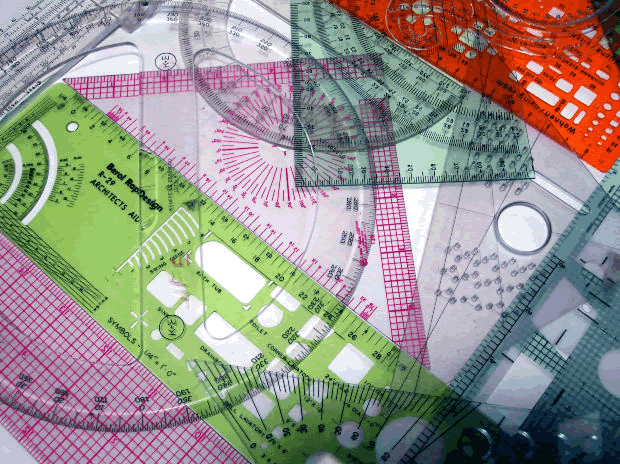When students start asking and answering their own questions, they are on the path to becoming lifelong learners.
Traditional concepts of Quality of Education focus on the reliability of the information provided and the effectiveness of transmission to the student as measured by assessment. A wider concept views quality of education as the capacity to untap the full potential of the individual for self-guided learning, critical and original thinking, problem solving and application of knowledge to real-world issues.

Fostering student engagement by peer-peer interaction, stimulating intellectual development by encouraging the student to ask questions, and building rapport with the students are essential parameters of a quality learning experience. The UNESCO Santiago model evaluates the quality of an educational system on five dimensions – relevance, pertinence, equity, efficiency and effectiveness.
Characteristics of a Quality Learning Experience
Fostering Student Engagement
- Encourage cooperative learning: A study from the National Training Laboratories in 2000 found that only about 5 percent of the information delivered through lecture was is retained. Compare that with retention rates at 50 percent for discussion group and 70 percent for practice by doing. Even higher, at 80 percent, was retention by students teaching others.
- Research that measures knowledge acquisition, retention, accuracy, creativity in problem solving, and higher-level reasoning found that college students who score at the 50th percentile when learning competitively score in the 69th percentile when learning cooperatively; students who score at the 53rd percentile when learning individualistically will score at the 70th percentile when learning cooperatively.
- Create a community of learners
- Foster student-to-faculty and student-to-student interaction
- Creative and engaging use of videos, chats, podcasts, wikis, and discussion forums
- Use a judicious and strategic use of humor
- Use discussion and blogs to facilitate reflective thinking, collaborative learning, and knowledge construction
- Deal beyond the subject matter
- An English Professor once described literature as a gateway that can open us to life. Extraordinary teachers see their primary task as trying to prepare students for life.
Stimulating Intellectual Development
- Encourage questions. Questions are the key to creating a natural critical learning environment.
- Create natural critical learning environments
- Generate provocative acts, questions, statements
- Reflect on students’ inaccurate and incomplete preconceptions or mental models
- Use technology to create engaging and authentic content. Create life-long learners. When students start asking and answering their own questions, they are on the path to becoming lifelong learners.
Building Rapport with Students
- Understand one’s student population and determine the type and amount of help needed for each individual and group of learners
- Let students get to know their teacher
- Use introductory video or other self-disclosure resources
- Keep written records of communication that include relevant student information
- Provide individualized feedback on assignments and activities
- Be flexible with deadlines and due dates
Dimensions of a Quality Educational System
The 2007 UNESCO Santiago model proposes five dimensions of the quality of education which are defined in the following manner.
- Relevance: Need for educational experiences to guarantee the kinds of learning that truly prepare people for modern life, and in line with the vision of four pillars of learning as proposed by the UNESCO (2006) “Delors Report”.
- Pertinence: Flexibility of the educational experiences so that they can adjust to the particular conditions of individuals, can value diversity, and can provide venues for participation.
- Equity: The extent to which the universal right to education is effective for all in view of the creation of more just societies.
- Effectiveness: The extent to which public action is effective in expanding access to basic education (comprehensive early childhood care and education; universal completion of primary education; ensuring student learning achievement).
- Efficiency: The extent to which public services are efficient in the use of resources for the delivery of education as a public good.
Further Reading
- Brinthaupt T. M. et al, “What the Best Online Teachers Should Do,”MERLOT Journal of Online Learning and Teaching 7, no.4 (2011)
- “Students Directing Their Learning,” Hermann Miller
- UNESCO (2007). Enhancing Learning: From access to success. Report of the first experts’ meeting: Defining areas of action (Paris, 26-28 March 2007). Paris: UNESCO.
World University: Global Strategy for Higher Education by Engelbrecht, Jüri
In principle, universities should always be some steps ahead of the society, both in terms of education and research. Education in universities should equip graduates for activities in the future. Contrary to contemporary ideas about innovation, research is much wider when it includes studies about man, society and the world, culture and human perception. Read More
